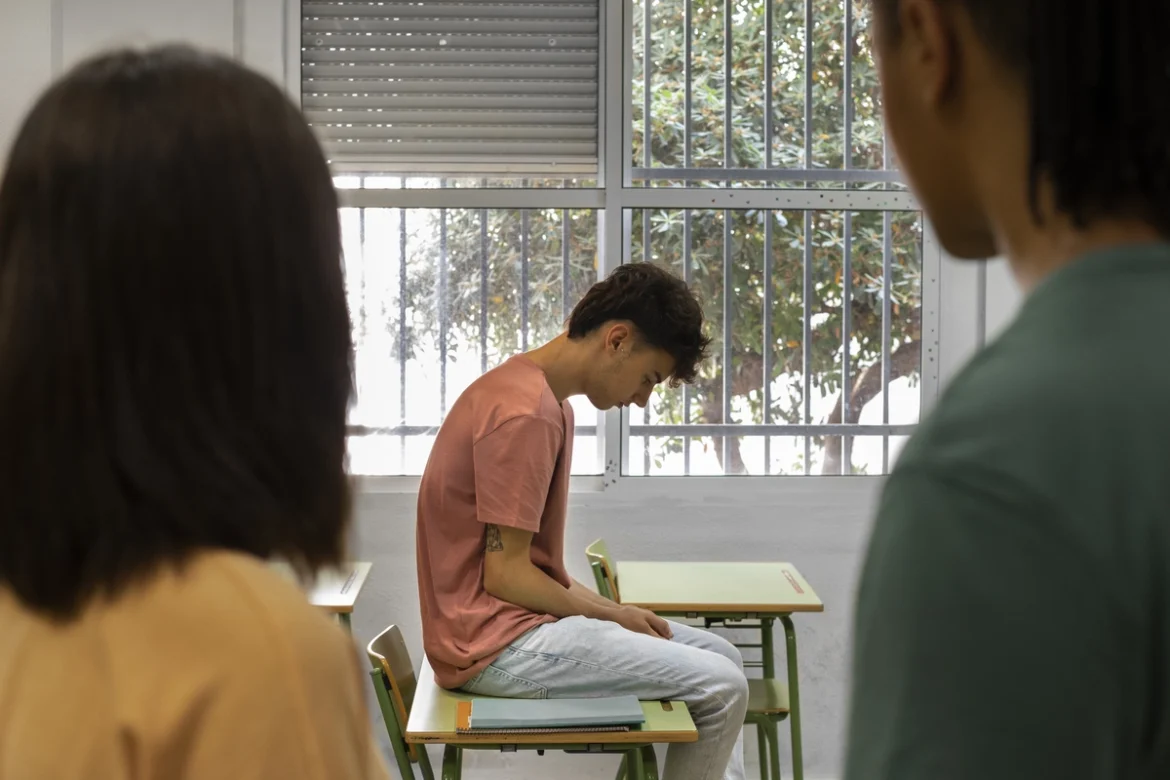Adolescence is a critical stage marked by physical, emotional, and social changes. While most teenagers navigate this period successfully, some may face serious mental health challenges. It’s essential for parents and guardians to be alert to warning signs that their teenager might be struggling internally.
Understanding Normal Adolescent Development
Dr. Pramit Rastogi, a child and adolescent psychiatrist, emphasizes that teenagers often exhibit behavior rooted in normal developmental patterns. They’re learning to make age-appropriate choices, which may lead to occasional mistakes. However, when these choices negatively impact academics, social success, or self-esteem, it’s crucial to understand the underlying reasons.
Signs and Red Flags to Look For
1. Reluctance in Studying Teenagers may display disinterest in “boring” subjects, which is typical due to ongoing brain development.
2. Competing Priorities Struggling to balance social activities with academic responsibilities, such as attending parties before exams.
3. Lying and Responsibility Occasional lies and not taking immediate responsibility but owning up when confronted.
4. Chores and Responsibilities Difficulty in completing chores or helping at home.
5. Online and Social Life Being protective of their online life but sharing difficulties during times of distress.
6. Social Pressure Trying to fit in socially, even if it means focusing on appearance or wearing trendy clothes they don’t necessarily like.
Impact on Day-to-Day Functioning
The situation becomes concerning when these behaviors negatively affect daily life due to reasons such as:
1. Overprotection or Lack of Accountability at Home.
2. Low Self-Esteem Leading to Poor Social Choices.
3. Impulse Control Difficulties with Biological Predispositions.
Warning Signs from Parents’ Perspective
Parents may observe the following themes in their teenager’s behavior:
1. Low Academic Interest and Dismissive Attitude Toward Studies.
2. School Reminders about Academic or Disciplinary Difficulties.
3. Parents Working Harder for College Admissions.
4. Frequent Lying Leading to Trust Issues.
5. Emerging Social Difficulties or Intense, Short-Lived Friendships.
Responding to Deeper Struggles
Deeper issues around taking responsibility don’t happen overnight. They build up over time and may manifest as:
1. Inconsistent Academics, Missing Exams, or Falling Short of Attendance.
2. Breakdown in Parent-Child Relationship around Screen Usage and Home Rules.
3. Strong Disciplinary Action from School.
4. Gap Year Due to Lack of College Planning.
5. High-Risk Behaviors without Accountability.
Seeking Professional Help
In cases of deeper struggles, it’s crucial to seek professional help, which may involve:
1. Developing a Systemic Understanding of the Problem’s Evolution.
2. Collaborating with the Child and Parent to Build Support Structures.
3. Medication for Impulse Control Disorders (e.g., ADHD).
4. Academic or Cognitive Assessments for Learning Disabilities.
5. Psychoeducation to Foster Empathy for Both the Child and Parents.
What are we concluding from this?
While dealing with a teenager’s struggles can be overwhelming, timely interventions, parental support, patience, and healing are essential to address these issues effectively. Recognizing the signs and seeking professional help can make a significant difference in a teenager’s well-being during this crucial developmental stage.



